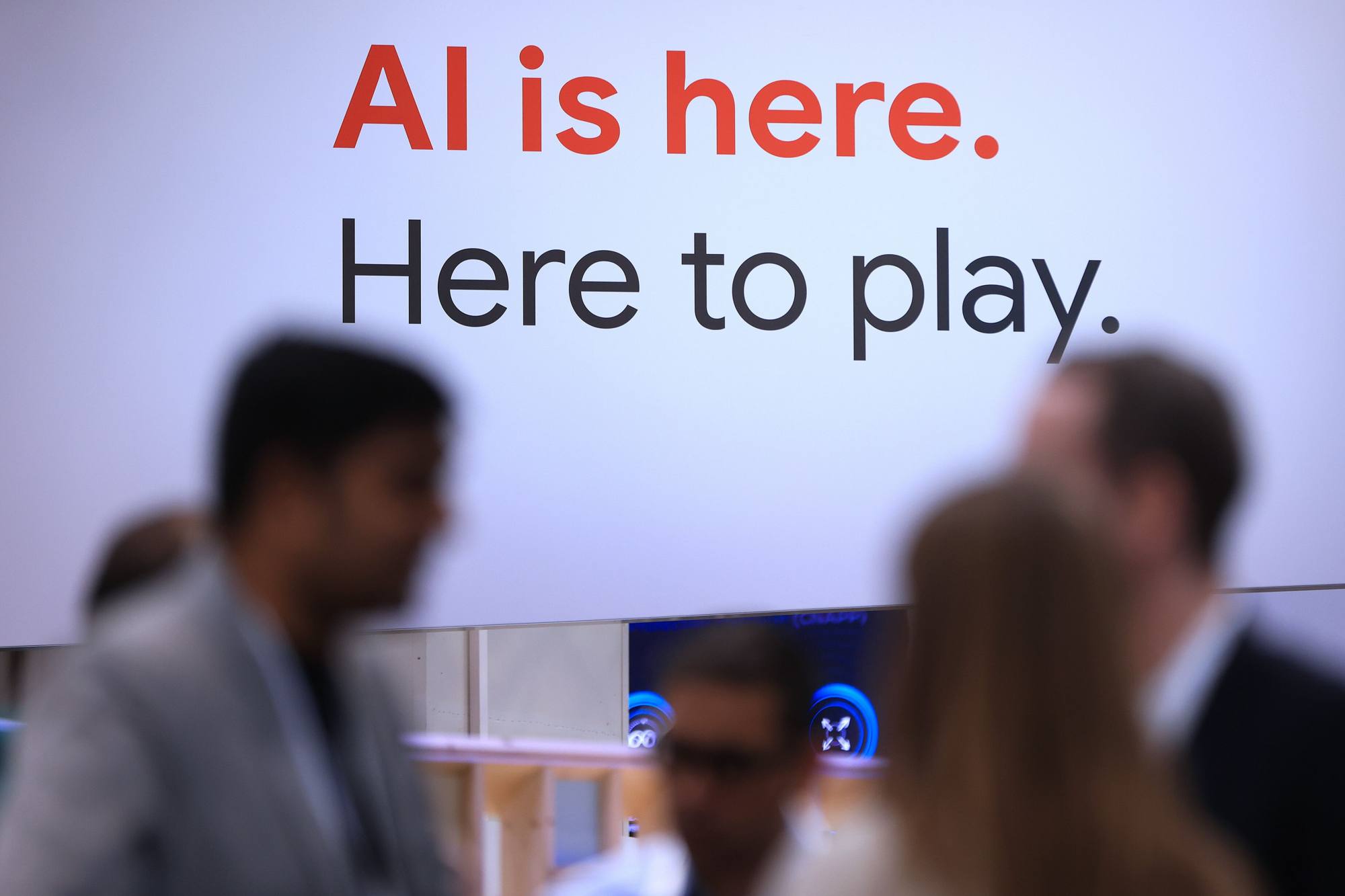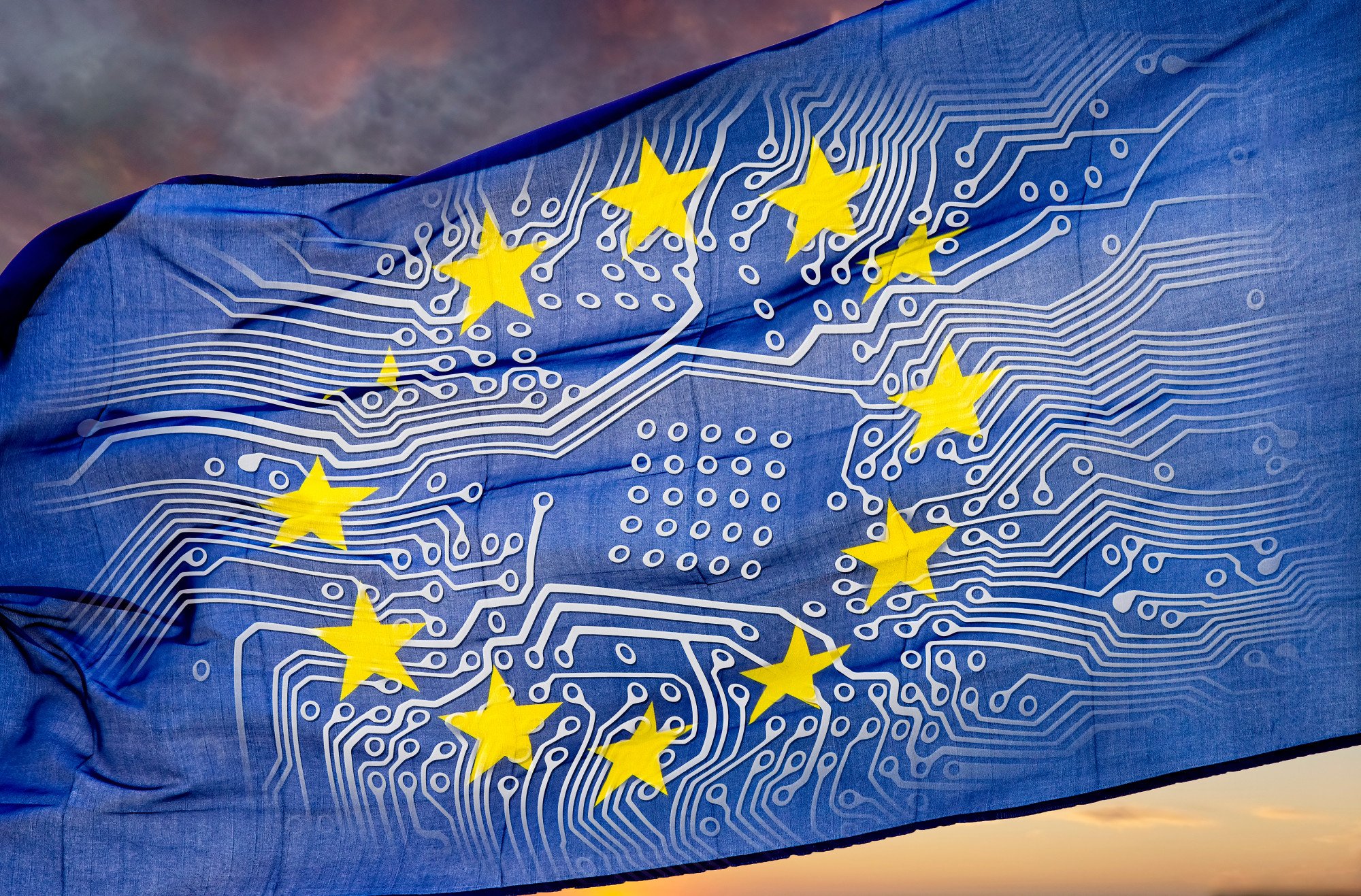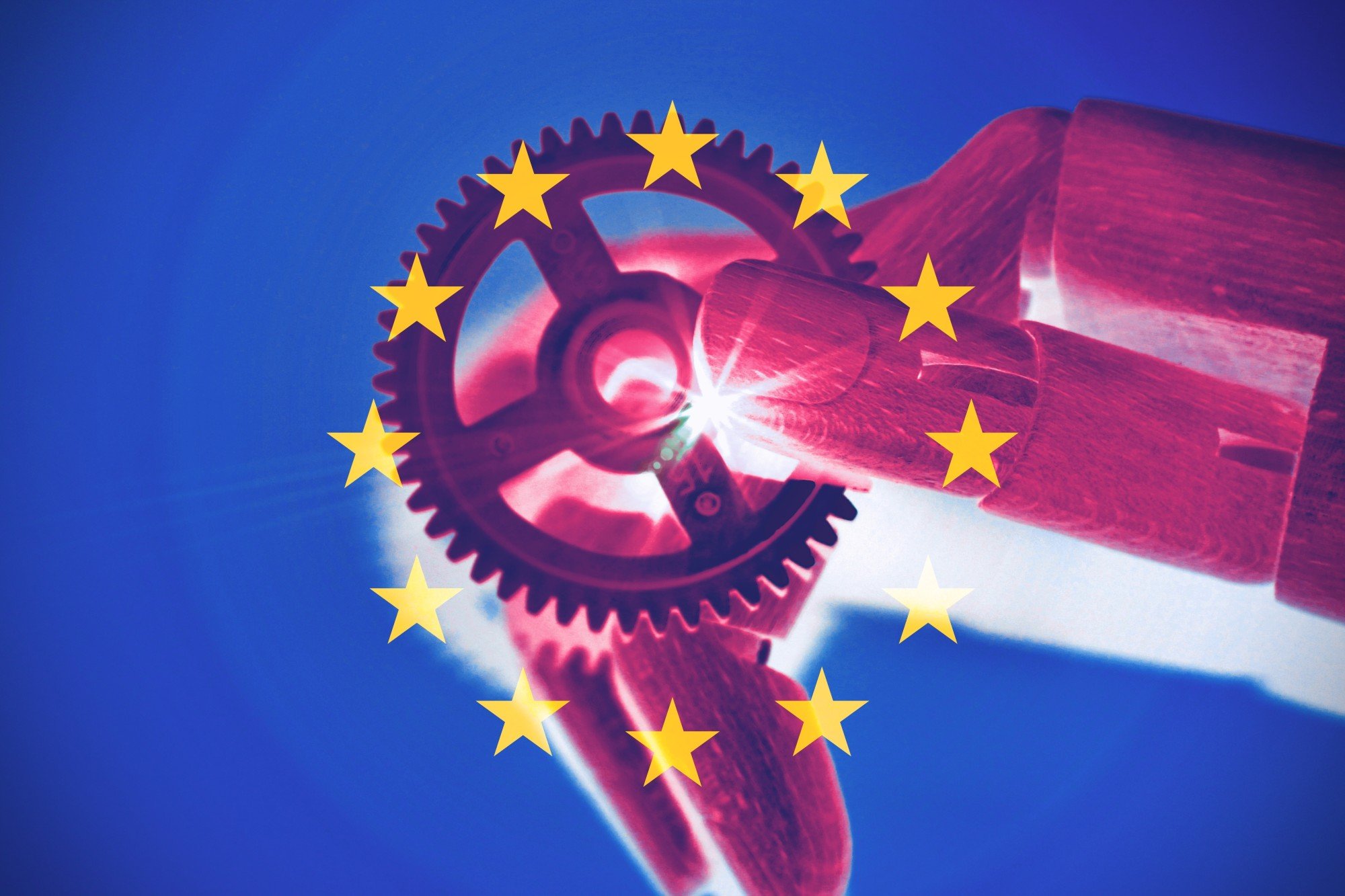Chinese tech companies face increased EU compliance costs amid bloc’s new AI rules

Some Chinese AI firms already expect to spend more time and money to comply with the EU’s new rules, while faced with the spectre of overregulation potentially hindering innovation.

“The EU’s institutions may give people an impression of overregulating,” said Tanguy Van Overstraeten, a partner at Linklaters and head of the law firm’s technology, media and telecommunications (TMT) group in Brussels, Belgium. “What the EU is trying to do with the AI Act is to create an environment of trust.”
The AI Act establishes obligations for the technology based on its potential risks and level of impact. The regulation consists of 12 main titles that cover prohibited practices, high-risk systems and transparency obligations to governance, post-market monitoring, information sharing and market surveillance.
The regulation will also require member states to establish so-called regulatory sandboxes and real-world testing at the national level. The rules, however, do not apply to AI systems or AI models, including their outputs, which are specifically developed and put into service for the sole purpose of scientific research and development.

If companies “want to test [an AI application] in real life, they can benefit from the so-called sandbox that can last up to 12 months, during which they can test the system within certain boundaries”, Linklaters’ Van Overstraeten said.
Non-compliance to the rules’ prohibition of certain AI practices shall be subject to administrative fines of up to 35 million euros (US$38 million) or up to 7 per cent of the offending firm’s total worldwide annual turnover for the preceding financial year, whichever is higher.
Dayta AI’s Tu said the EU’s mandates surrounding “the quality, relevance, and representativeness of training data will require us to be even more diligent in selecting our data sources”.
“Such focus on data quality will ultimately enhance the performance and fairness of our solution,” he added.
Tu said the AI Act provides “a comprehensive, user rights-focused approach” that “imposes strict limitations on personal data usage”. By comparison, the “rules in China and Hong Kong seem to focus more on enabling technological progress and aligning with the government’s strategic priorities”, he said.
More generally, AI models and chatbots should not generate “false and harmful information”.
“Chinese regulations require companies and products to observe socialist values and ensure that their AI outputs are not perceived as harmful to political and social stability,” said Linklaters’ Shanghai partner Alex Roberts, who also heads the firm’s China TMT group. “For multinational corporations that have not grown up with these concepts, this can cause confusion among compliance officers.”
He added that China’s regulation so far only focuses on GenAI, and “is seen as more of a state or government-led rule book”, while the EU’s AI Act “focuses on the rights of users”.
Still, Roberts described the main principles of the EU and China’s AI regulations as “very similar”. That refers to being “transparent with customers, protecting data, being accountable to the stakeholders, and providing instructions and guidance on the product”.

“We’re now seeing some governments in the [Asia-Pacific] region taking large chunks from the EU’s regulation on data and AI, as they work on their own AI legislation,” Linklaters’ Roberts said. “Businesses can certainly consider lobbying their local government stakeholders to achieve more harmony and consistency in cross-market rules.”
Source link



